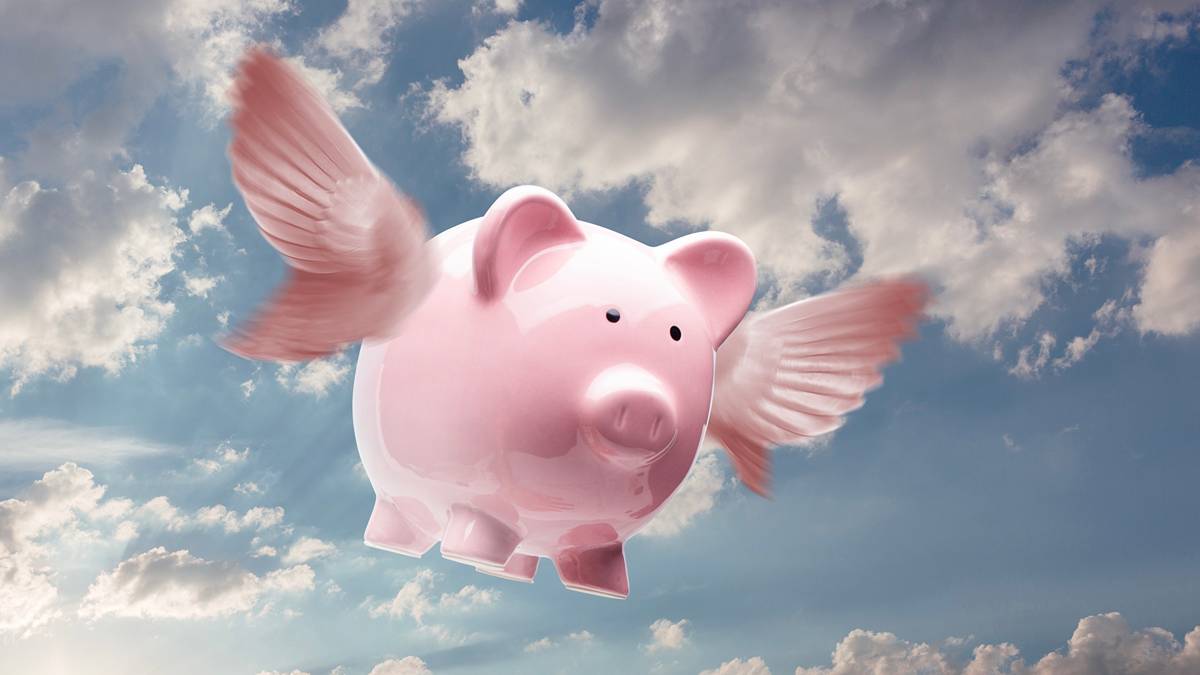How to get ready for $2m tax-free super

Pic via Getty Images
Tax-free super of $2m per head is set to commence on July 1 this year, and investors are already making plans.
Financial advisers are convinced that the persistently strong inflation we saw in the six months to December last year will easily trigger a lift in tax-free super from $1.9m to $2m on July 1 – a move which has a string of ramifications, especially for older investors.
“We are assuming it will come through now with the inflation figures we have already recorded,” says adviser Liam Shorte of the Sonas group.
“That means investors should reconsider some super settings in the months ahead.”
The last time the tax-free cap moved higher was on July 1, 2023, when a very strong bout of inflation in the preceding months prompted a $200,000 increase from $1.7 to $1.9m.
In order for the tax-free cap to lift again, the Consumer Price Index inflation figure for the December quarter had to hit 137.5. It was 138.8.
“It’s sure to happen unless we get an unlikely decline in inflation,” says Peter Burgess, chief executive of the Self-Managed Super Fund Association.
Some experts in the market are even allowing for the prospect that stronger-than-expected inflation figures between now and June may push the so-called Transfer Balance Cap higher than anticipated on July 1 – perhaps to $2.1m (the rules around indexation of super thresholds only allow the cap to move up in $100,000 increments.)
Ironically, the way super works the ongoing amount you can initially fund a tax-free retirement is linked to CPI inflation.
But the amount you can contribute annually on a concessional tax basis is linked with industry earnings – and advisers suggest earnings have not moved sufficiently higher to move the dial on concessional (pre tax) contribution caps which are stuck at $30,000 a year.
The enlargement of the amount an individual investor can use to fund a tax-free retirement will renew focus on the government’s plan for higher taxes aimed at wealthier Australians.
At the end of last year Treasurer Jim Chalmers effectively suspended efforts to bring in a new super tax that would introduce a 15 per cent band on earnings on amounts in super above $3m.

As The Australian reported this week “seven out of 10 crossbenchers say they are opposed to the (new super tax) legislation in large part because it applies the tax increase on unrealised gains”.
Another problem with the planned new tax was that there was no arrangement for indexation – despite existing inflation indexation mechanisms being in place across the super system.
The government is expected to return to efforts in this area, possibly after the next federal election.
Meanwhile, efforts to improve the system continue with the Grattan Institute issuing a call this week for a major government intervention in the system through the creation of government-backed annuities.
The Grattan Institute report suggests: “Retirees should be encouraged to use a portion of their super to buy an annuity from the government, which would pay an income that lasts retirees the rest of their lives. Retirees should be guided, by both the government and their super fund, to use 80 per cent of their super balance exceeding $250,000 to purchase an annuity.”
This article first appeared in The Australian.
Related Topics
UNLOCK INSIGHTS
Discover the untold stories of emerging ASX stocks.
Daily news and expert analysis, it's free to subscribe.
By proceeding, you confirm you understand that we handle personal information in accordance with our Privacy Policy.








